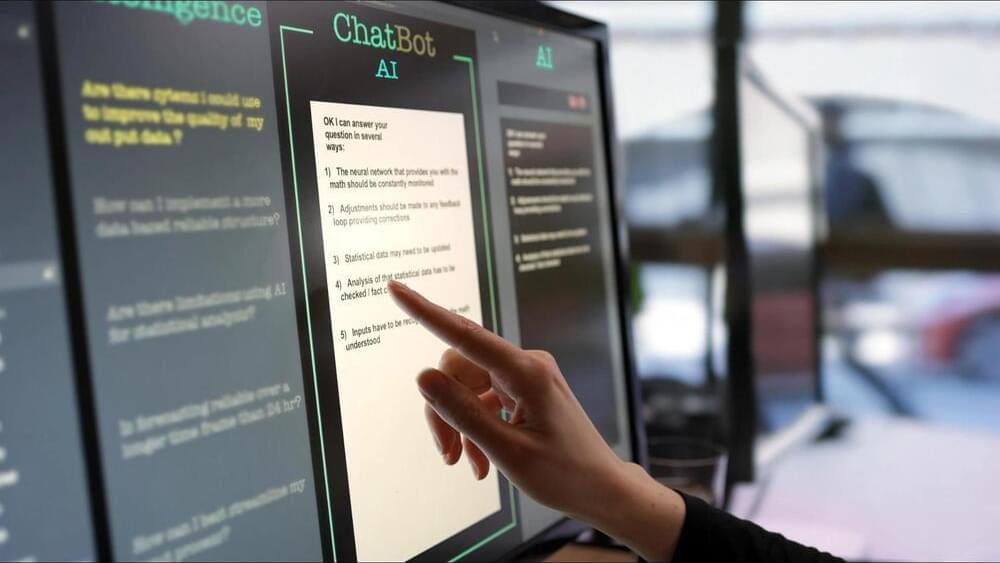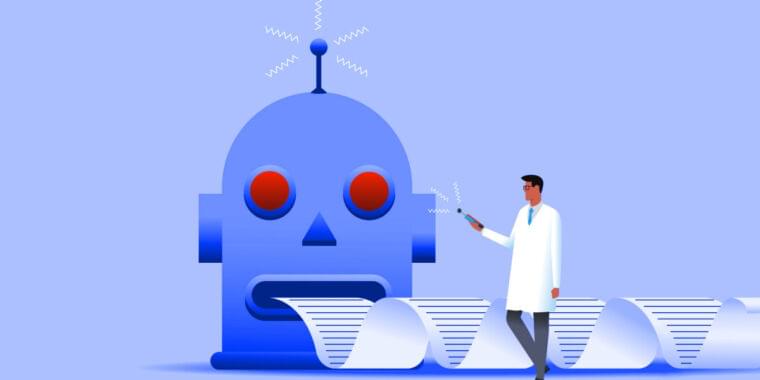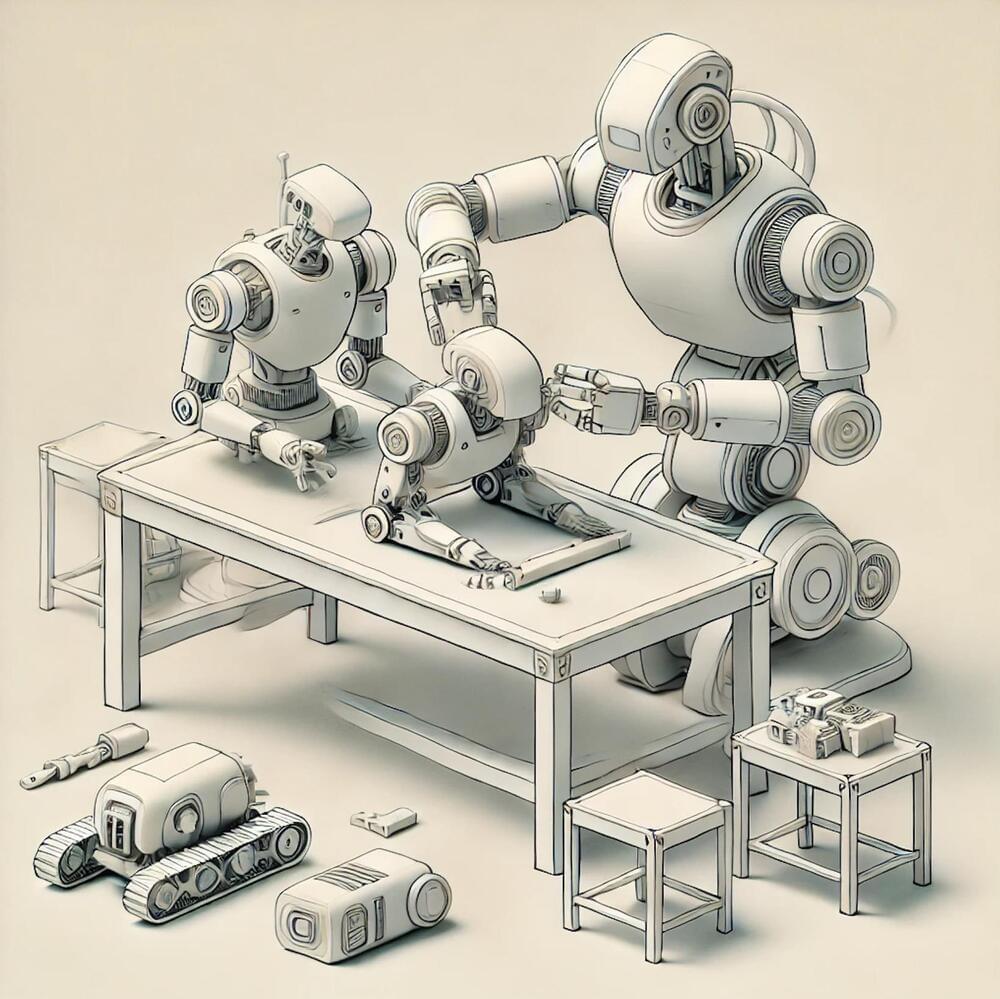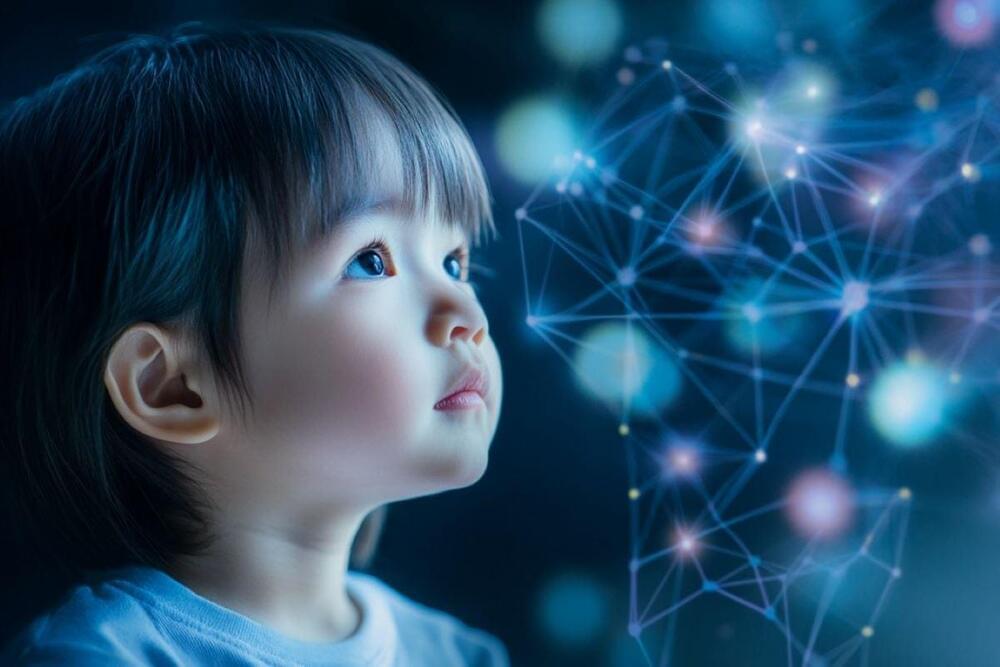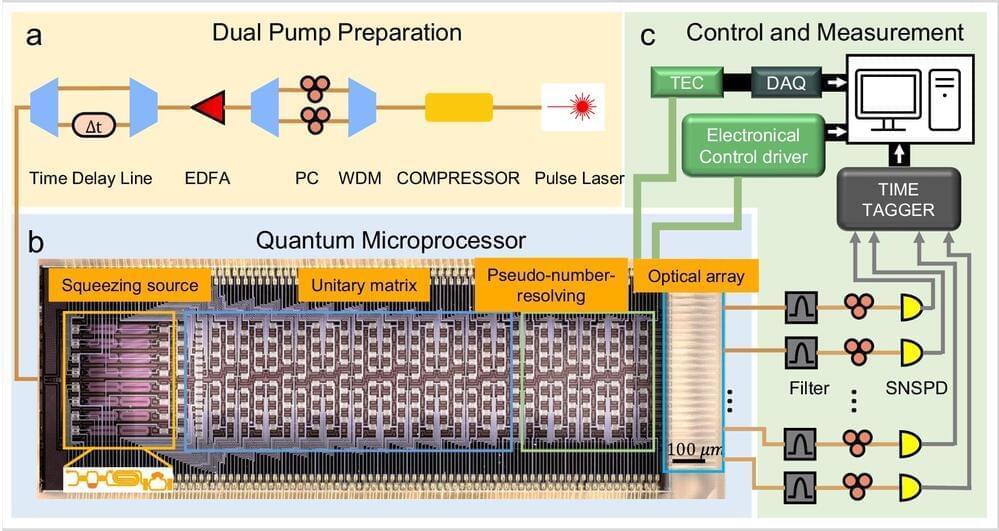The singularity is already here.
Since that pioneering work first appeared, AI has become a household word, most dramatically since OpenAI’s iterations of ChatGPT began rolling out starting on November 30, 2022. Now, from smoke-analyzin g AI aiding firefighters in California, to instant AI translation of most languages, to almost daily AI innovations in health care, this technology is already central to our lives. Last year, private investment in AI was more than $25 billion, according to the Li’s Center at Stanford, an estimate I believe on the conservative side. By next year, annual AI investment will reach some $200 billion, according to Goldman Sachs.
At my company, data.world, we’ve been building the foundation of our platform for AI since our founding in 2016. We knew back then that data would be the essential feedstock of AI, the oxygen of its metabolism. And in a world where data grows exponentially, data silos, data errors, missing context, and sheer data deluge are the bane of many companies and institutions. Our mission is to transform data into tools of institutional cognition, the most recent advance of which is our AI Context Engine™. The most important product we’ve ever launched, this tool makes corporate data now inaccessible to AI an essential part of companies’ strategic toolkit. The chat-with-your-data future has never been closer than it is right now, and our AI Context Engine is our fastest new product takeoff in our company’s history.
So back to the journey that we are all on. Let’s explore the essentials of Nearer together in summary.
